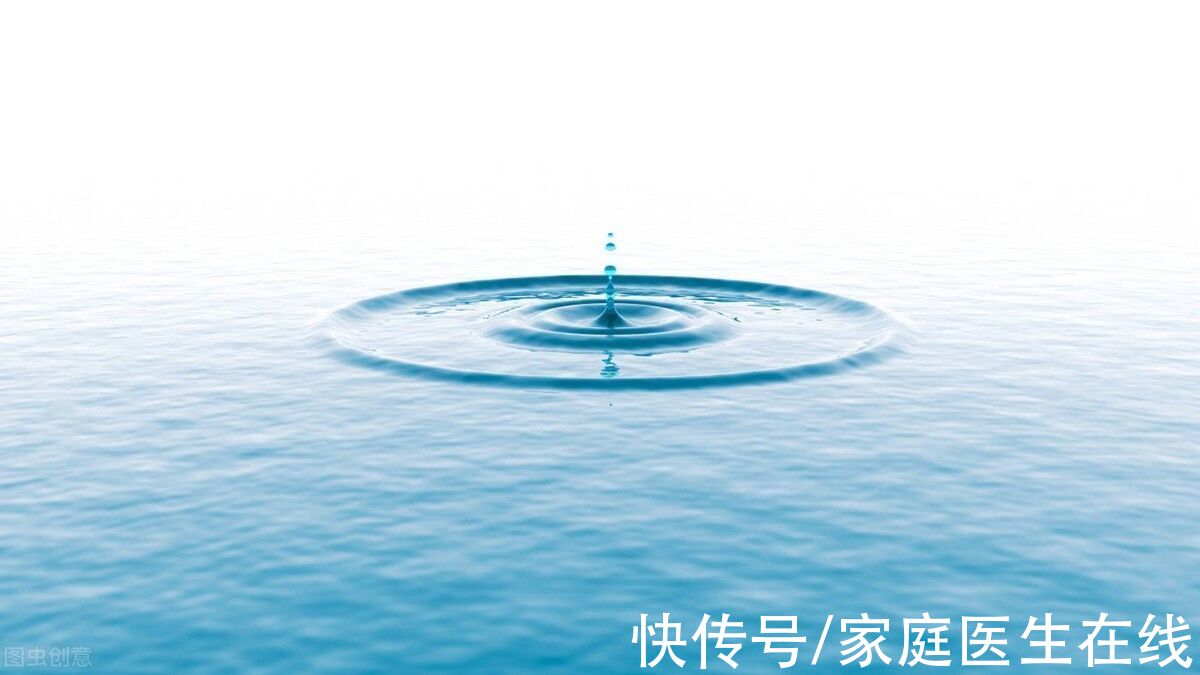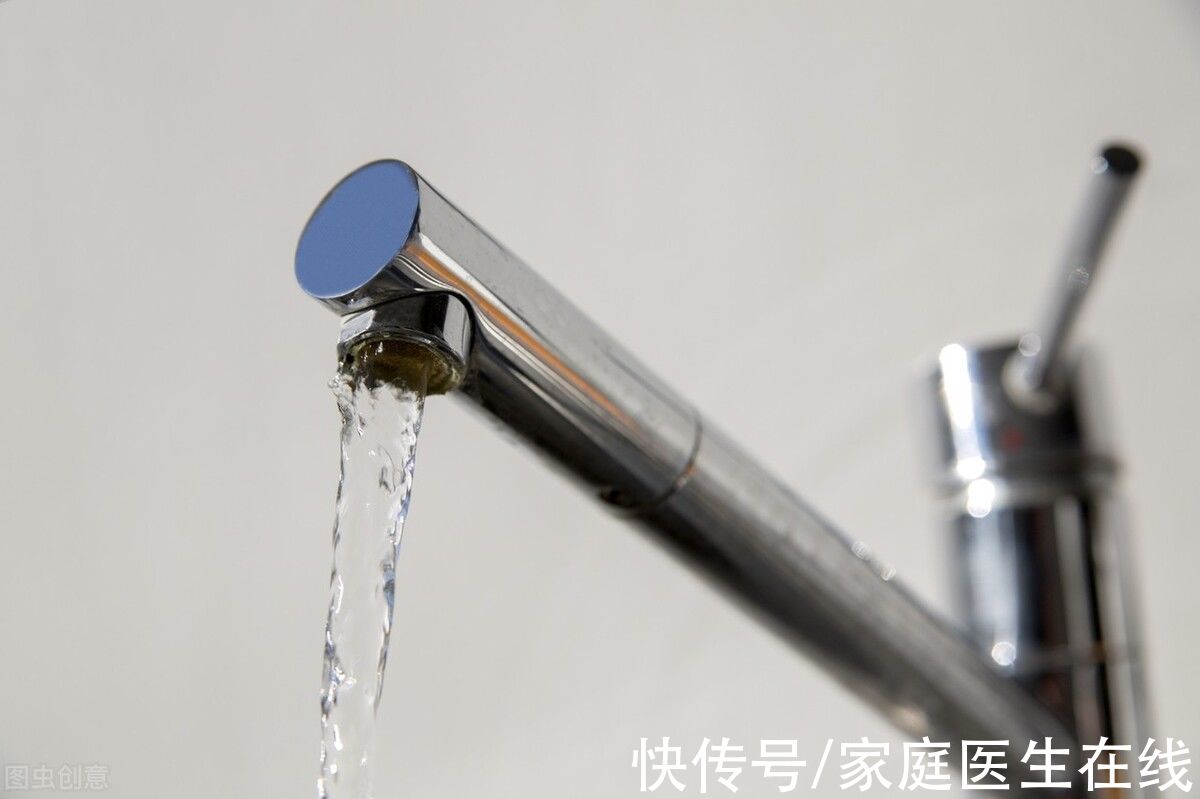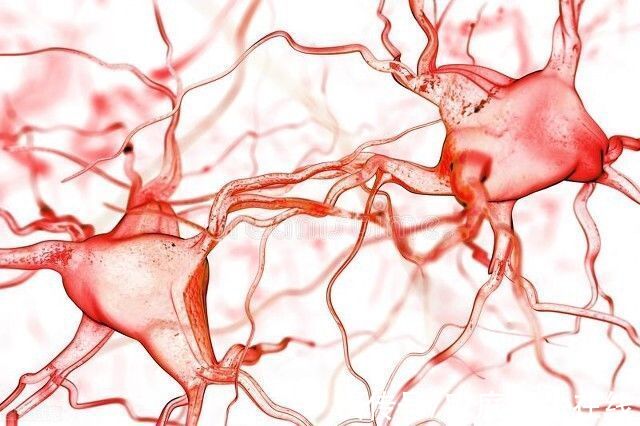內容目錄
Almost everyone pays attention to calcium, magnesium, sodium and other ions in the body, but little is known about lithium ions.

Lithium salt is also an essential inorganic salt for the body, which can improve hematopoietic function, Enhance the immune function of the body, assist in regulating the activity of the central nervous system, have a sedative and soothing effect, and can also control the nervous disorder of the human body. Studies have also found that the soaring suicide rate in Japan is related to the concentration of lithium ions in tap water and the incidence of dementia. Let’s take a look at it in detail.
Why has the suicide rate in Japan soared in recent years?
In order to investigate the reasons for the rising suicide rate in Japan, the research team conducted a seven-year study from 2010 to 2016. There are 808 cities and wards in Japan that have a certain degree of tap water quality and suicide rate. Relationship.

Research data shows that when the lithium ion concentration per liter of tap water reaches 0~10 micrograms , the standardized suicide rate is 103; when the lithium ion concentration reaches 10-20 μg, the standardized suicide rate is 115; when the lithium ion concentration reaches 20-30 μg and >30 μg, the standardized suicide rate is 118 and 87, respectively. This shows that the suicide rate in Japan is inversely related to the lithium ion concentration in the tap water. In other words, the lower the lithium ion concentration in the tap water, the higher the suicide rate.
However, through further data analysis, the research team also found that lithium ion concentration is more significantly correlated with the suicide rate of men, but it is related to the suicide rate of women. Not much.

Danish study: Increased lithium levels in water are associated with lower incidence of dementia
< p>In addition to a Japanese study that found that the concentration of lithium ions in tap water was negatively correlated with suicide rates in the region, a Danish team also found that it was associated with dementia.
The study found that the development of dementia is associated with a lack of lithium in the body. Lithium can delay the pathological changes of dementia, increase the concentration of brain-derived neurotrophic factor in plasma, and effectively improve cognitive ability. Brain-derived neurotrophic factor is synthesized in the brain, a protein found in the central nervous system. A Danish research team compared all Danish 50- to 90-year-olds from 1970 to 2013 and found thatincreased lithium levels in drinking water were associated with a lower incidence of dementia< /strong>.

What are the benefits of lithium to the body?
1. Stable mood
Lack of lithium in the body can easily lead to depression, bad temper, and easy excitement and other negative emotions, so a sufficient amount of lithium helps to stabilize emotions. At the same time, lithium can also assist in the treatment of manic depression and bipolar affective disorder in clinical practice.
2. Protect nerves
Lithium can protect nerve tissue and blood. This mechanism inhibits neuronal apoptosis. In addition, lithium also has antioxidant and anti-aging effects.

3. Promote stem cell proliferation< /p>
Stem cells are one of the most important cells in the body, which belong to the origin of life cells and maintain the development of tissues and organs. Studies have shown that lithium can increase the number of certain types of hematopoietic stem cells.
Why are there lithium ions in tap water?
The reason why the water contains lithium ions is that the lithium element exists in the rock, and the lithium element can enter the soil and water sources through weathering, thereby entering the tap water.

However, the concentration of lithium ions in the water is not very high, because this is a metal substance , too high lithium ions can damage the body’s health, so the tap water needs an appropriate amount of lithium ions. Tap water in nature contains lithium ions, and the concentration of lithium ions is not deliberately reduced during purification, so lithium ions in tap water exist naturally.
Message from a Family Doctor
In addition to lithium ions in water, many foods also contain lithium, especially vegetables and grains. However, compared with grains and vegetables, the source of drinking water is long-term and stable, and lithium is easily absorbed and utilized by the human body. It is worth noting that the more lithium intake, the better. Excessive intake can easily cause symptoms such as mild diarrhea, dizziness, involuntary hand tremors and nausea, and may also affect the human thyroid function and even cause fetal malformations in pregnant women.
Family doctor online special, unauthorized reprinting